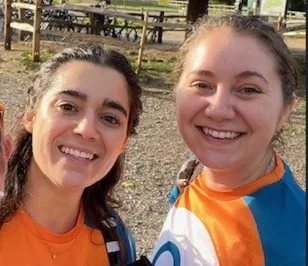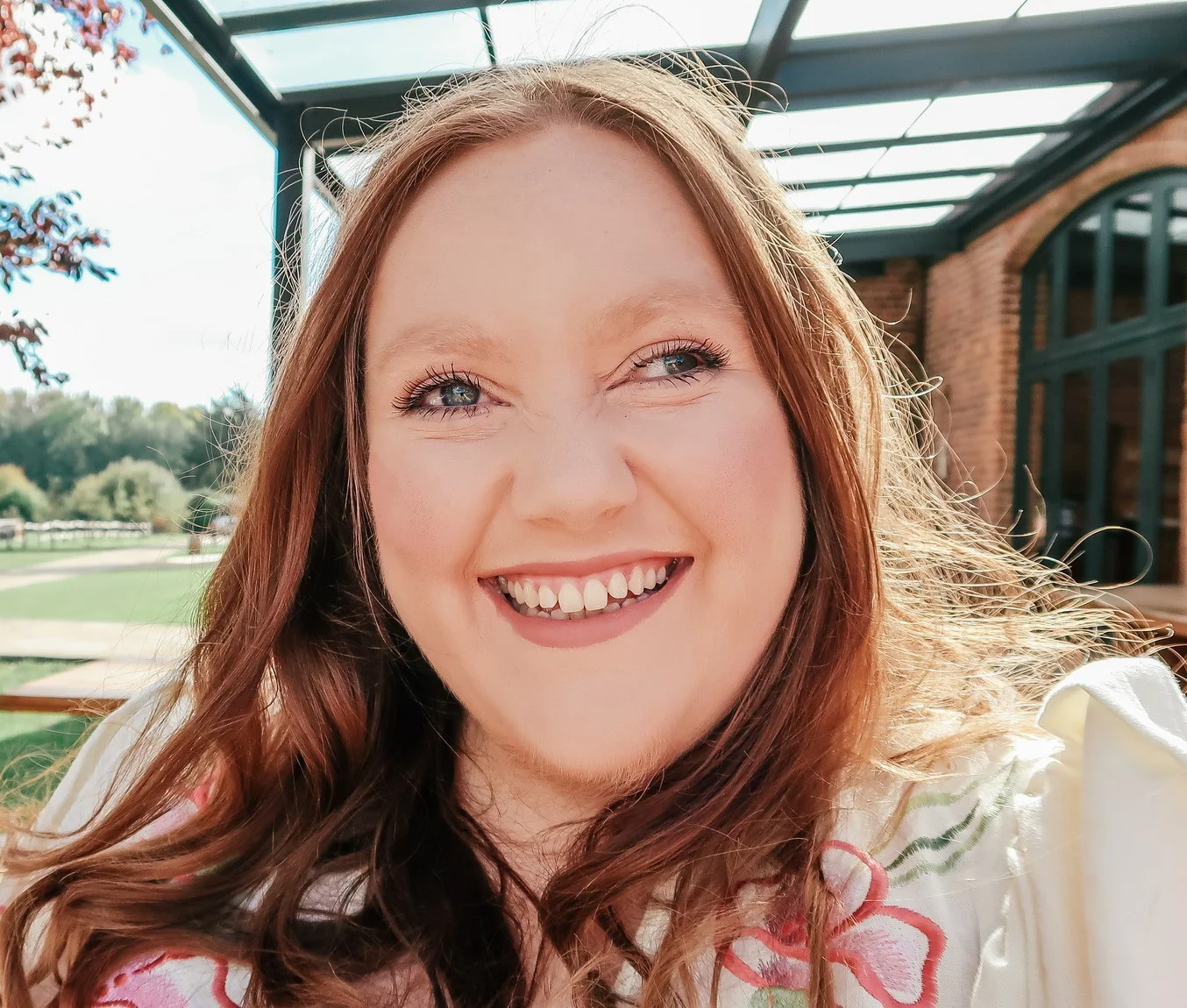Many of us turn to music to help us through tough periods of our lives and celebrate good times. Mental health trainer Ian Macdonald takes a deeper look at its benefits.
Here at the Charlie Waller Trust, staff, trainers, volunteers and supporters have put together playlists of our favourite feel-good tunes. If you enjoy classical music, take a listen to our Uplifting Classics playlist.
Our Flackstock supporters also played a huge part in curating our eclectic Feel-good Playlist, take a listen.
Feeling connected
Feeling connected to others is key to good mental health and music can help us improve feelings of connectedness and equality. This can come about either in a direct way, for instance when we are at a concert or festival, or a more indirect way – perhaps by being aware that others are listening to the same song or piece of music in their own ways. We may also relate in positive ways to the lyrics of a song or to the musician’s experiences.
Does this CHIME with your experience?
Dr Mary Leamy and others developed the CHIME framework (which sounds rather musical itself!). The acronym stands for five elements in the process of recovery from poor mental health.
Connectedness
Hope and optimism
Identity
Meaning in life
Empowerment
Music has been linked to the CHIME framework. The suggestion is that engaging in music helps us build on these five key areas which are important for anyone recovering from a period of poor mental health.
Words and music
Engaging with song lyrics can help us get in contact with difficult feelings in a different way from usual, sometimes offering us some hope when we don’t feel great! However, we need to be aware that the opposite can also be true with some lyrics potentially being a little triggering.
Sing along
Singing can help us regulate our breathing when we are not feeling great, perhaps experiencing anxiety or stress. Singing along to a favourite song can prompt us to take deeper and more rhythmic breaths.
This can be really useful for those who find more common breathing techniques don’t work for them. Remember, this can take the form of singing along ‘internally’ - so we don’t have to expose our voice to others if we don’t want to!
Singing in a group can be even more beneficial, for example a choir or other singing group. And if singing isn’t your thing, other activities like community drumming groups can also play a part in improving our mental health.
Music and movement
Music can have an impact on exercise too: listening to music is associated with increased enjoyment, and with providing a distraction from any feelings of discomfort during exercise.
This means we can keep exercising for longer or exercise more frequently to maximise its health benefits.
And, of course, it doesn’t have to mean formal exercise – just moving to music in any way you like can be beneficial.


